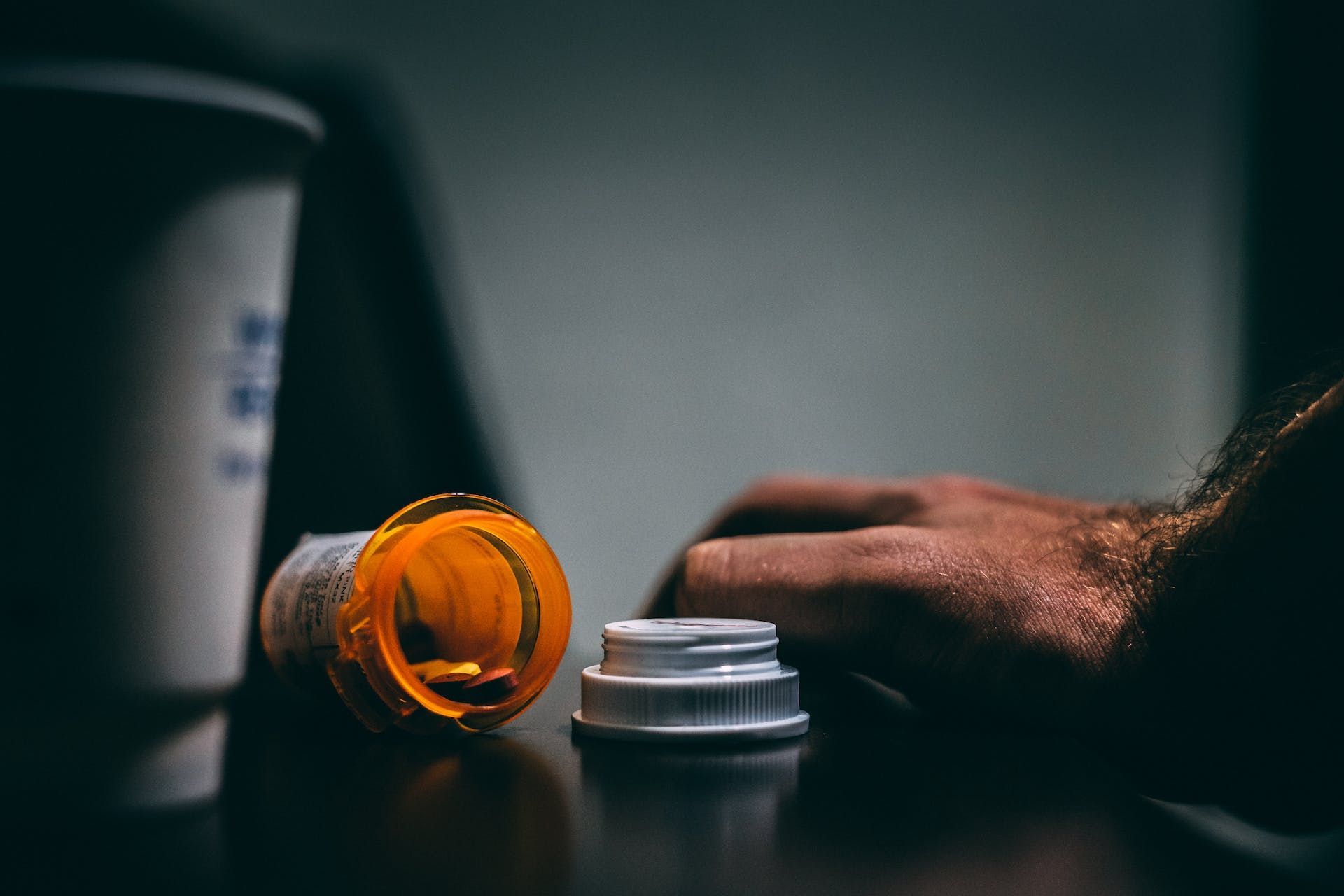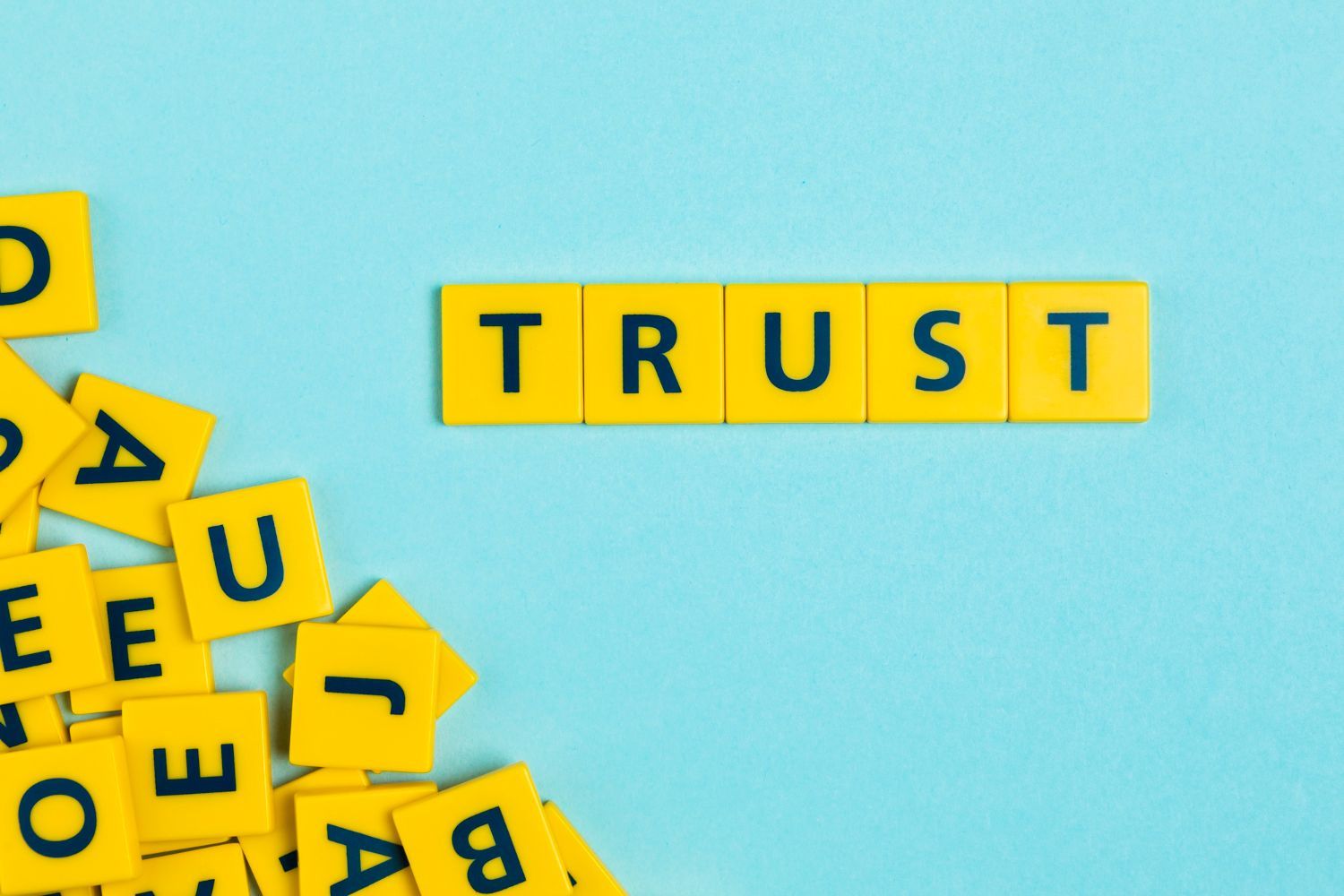Types of Drug Crimes and Charges
Drug crimes have become a critical issue for societies worldwide. Governments and law enforcement agencies have implemented stringent measures to combat drug-related activities due to the severe consequences they can pose to individuals and communities. Be mindful of the various types of drug crimes, shedding light on their nature and legal implications. Check out.

Drug Possession
Drug possession charges involve knowingly and unlawfully possessing controlled substances, including but not limited to marijuana, cocaine, heroin, methamphetamine, and prescription drugs. Possession can be categorized into two types: actual possession, where the drugs are physically on the person, and constructive possession, where the drugs are in proximity and accessible to the individual.
Drug possession offenses are commonly classified into various degrees based on factors such as the type and quantity of drugs involved, criminal history, intent, and the jurisdiction's legislation. Generally, these degrees range from misdemeanors to felonies, with penalties becoming increasingly severe as the offense's severity progresses.
The consequences of drug possession charges can be life-altering and vary depending on the type of drug, the amount possessed, and an individual's past criminal record. Consequences may include fines, probation, community service, mandatory drug treatment programs, suspension of driver's license, and even incarceration. Additionally, drug possession charges can have long-lasting impacts on employment prospects, educational opportunities, and personal relationships.
Drug Trafficking and Distribution
Drug trafficking refers to the process of manufacturing, distributing, selling, or transporting illegal drugs. This illegal trade often involves large quantities of drugs intended for sale or distribution to other individuals. Drug distribution, on the other hand, involves the selling, delivery, or sharing of illicit substances to consumers. Both drug trafficking and distribution are considered serious crimes with severe penalties attached.
The consequences of drug trafficking and distribution charges can vary depending on the jurisdiction, the type and quantity of drugs involved, and an individual's criminal history. However, it is important to note that most countries have adopted stringent laws to combat drug-related offenses due to their detrimental effects on society.
One of the primary consequences individuals face when charged with drug trafficking and distribution is the potential for substantial prison sentences. Due to the seriousness of these crimes, offenders often receive lengthy sentences to serve as a deterrent for others. In many cases, even minor involvement in the drug trade can lead to several years behind bars.
In addition to prison time, individuals found guilty of drug trafficking and distribution also face hefty fines. These fines can range from thousands to millions of dollars, depending on the quantity and type of drugs involved. The intention behind imposing such substantial fines is to cripple the financial infrastructure supporting the drug trade and discourage individuals from engaging in these illicit activities.
Furthermore, a criminal conviction relating to drug trafficking and distribution can have lasting effects on an individual's personal and professional life. Having a drug-related offense on one's record can make it challenging to secure employment, obtain housing, or even access financial resources, as it often raises concerns about an individual's reliability and trustworthiness.
Moreover, individuals found guilty of drug trafficking and distribution charges may face permanent damage to their personal reputation and social relationships. The stigma associated with drug-related offenses can ostracize individuals from their communities, limiting their opportunities for reintegration and personal growth.
Manufacturing and Cultivation
Drug manufacturing refers to the production or synthesis of illicit substances, often involving the combination of chemicals or other controlled substances. Cultivation, on the other hand, primarily relates to the commercial growth of drugs, such as marijuana or certain plants containing psychoactive compounds.
Both drug manufacturing and cultivation fuel the illegal drug trade, which poses significant risks to public health, safety, and social well-being. These offenses are typically prosecuted as felonies due to their inherent dangers and potential for widespread harm to communities.
Laws surrounding drug manufacturing and cultivation charges vary from country to country and even among different states or jurisdictions. Nonetheless, being convicted of these offenses generally carries severe penalties, including imprisonment, hefty fines, and long-term repercussions affecting one's personal and professional life.
- Imprisonment: Typically, drug manufacturing and cultivation convictions result in substantial prison sentences, with the duration depending on various factors such as the type and quantity of drugs involved, criminal history, and intent. Sentences may range from several years to multiple decades, particularly for large-scale operations.
- Heavy Fines: Apart from imprisonment, individuals found guilty of drug manufacturing or cultivation often face substantial fines. These monetary penalties are intended to punish the offenders and deter others from engaging in similar activities.
- Asset Forfeiture: In many jurisdictions, authorities have the power to seize and forfeit assets related to drug manufacturing or cultivation, including vehicles, homes, and cash obtained through illegal operations. This further reinforces the financial consequences of these charges.
- Collateral Consequences: Drug manufacturing and cultivation charges can leave an indelible mark on one's personal and professional life. Convictions can lead to difficulties in finding employment, obtaining professional licenses, securing loans, or housing. Additionally, social stigma and damaged relationships can significantly impact an individual's well-being.
Prescription Drug Crimes
Prescription drug abuse, often rooted in genuine medical needs, has unfortunately spiraled out of control. What was initially intended to alleviate pain and suffering for those in need has become a hotbed for criminal activity. The misuse and distribution of prescription drugs have reached alarming levels, and it is imperative to address this issue urgently.
Prescription drug crimes also have legal implications that can drastically impact an individual's life. Those caught in possession or distribution of prescription medications without a valid prescription may face criminal charges and potentially lengthy prison sentences. A conviction for prescription drug crimes can have far-reaching consequences, including damage to personal and professional reputations, loss of employment, and limitations on future opportunities.
Drug Paraphernalia
Possessing drug paraphernalia, such as pipes, syringes, or scales, with the intent to use illegal drugs can also result in criminal charges. While not as severe as possessing or trafficking actual drugs, these charges are serious and can lead to fines and potential imprisonment. Moreover, selling or distributing drug paraphernalia can also incur legal consequences.
Drug paraphernalia charges are typically linked to drug offenses, as law enforcement agencies use the presence or possession of such items as evidence to support drug-related charges. However, it is essential to note that owning these items does not automatically prove that you are involved in illicit drug activities. Nonetheless, it can certainly raise suspicions and could lead to legal trouble.
In most jurisdictions, drug paraphernalia charges are classified as misdemeanors, but they can escalate to a felony in certain circumstances. Convictions for drug paraphernalia charges can result in heavy fines, probation, community service, and even imprisonment. Moreover, having a drug-related charge on your record can have far-reaching consequences, affecting employment opportunities, college applications, housing, professional licenses, and more.
Drug Crimes Lawyer in Independence, MO
When it comes to securing the services of an attorney for drug crime charges, Michael J. Englert is a name you can trust. His deep understanding of drug laws, unwavering commitment to his clients, and extensive track record of success make him an invaluable asset in the face of drug-related legal battles.
If you or someone you know is currently dealing with drug charges and in need of dedicated legal representation,
Michael J. Englert, Attorney at Law, is the drug crimes lawyer you can depend on. With his expertise and compassionate guidance, you can take comfort in knowing that your case is in capable hands.
QUICK LINKS
CONTACT INFORMATION
Phone:
Address:
209 W Lexington Ave
Independence, Missouri, 64050
United States
HOURS
- Monday
- -
- Tuesday
- -
- Wednesday
- -
- Thursday
- -
- Friday
- -
- Saturday
- Closed
- Sunday
- Closed
Copyright © 2023
Michael J Englert, Attorney at Law, All Rights Reserved.









